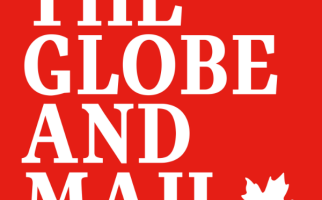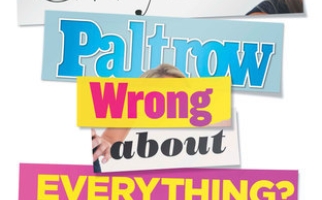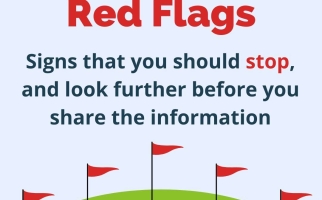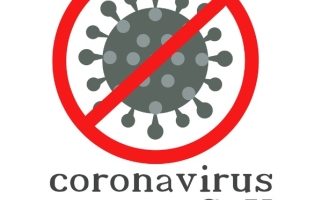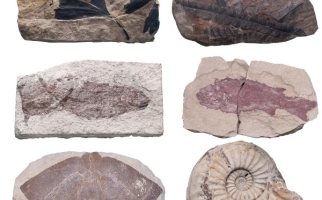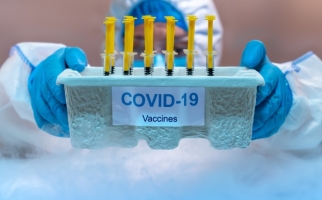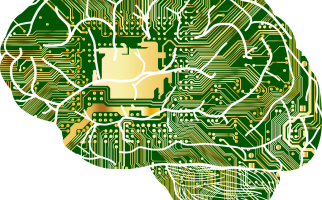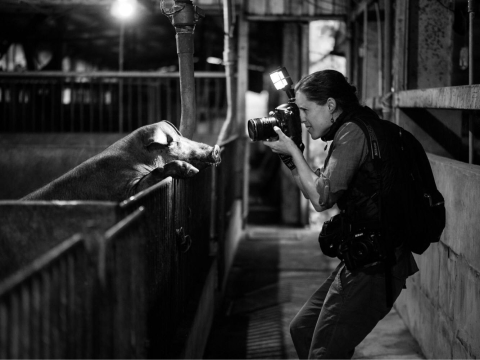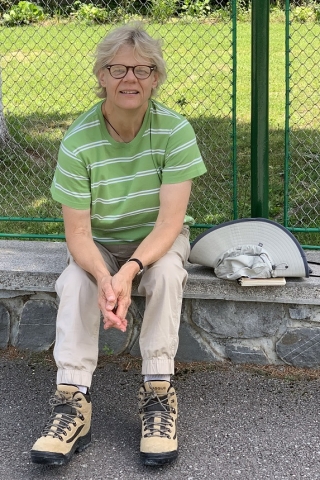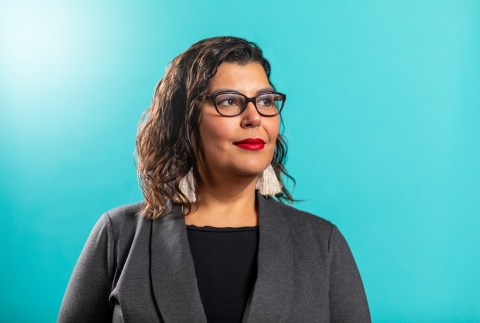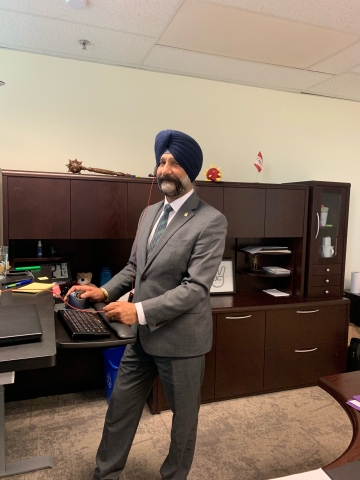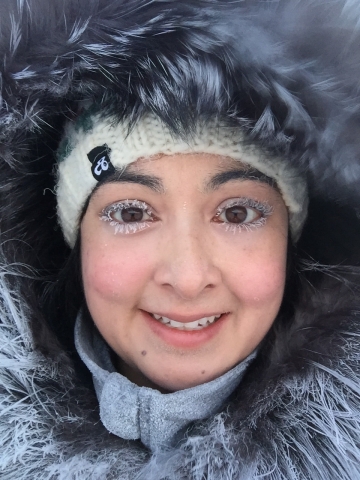
Let's Talk Misinformation: Resources


How does this align with my curriculum?
BC
9
Science Grade 9 (June 2016)
Big Idea: The biosphere, geosphere, hydrosphere, and atmosphere are interconnected, as matter cycles and energy flows through them.
BC
11
Earth Sciences 11 (June 2018
Big Idea: The transfer of energy through the atmosphere creates weather and is affected by climate change.
BC
11
Science for Citizens 11 (June 2018)
Big Idea: Scientific understanding enables humans to respond and adapt to changes locally and globally.
BC
12
Environmental Science 12 (June 2018)
Big Idea: Human activities cause changes in the global climate system.
NS
8
Science Grade 8 (2020)
Learners will evaluate oceanographic and other evidence of climate change inclusive of a Mi’kmaw perspective.
ON
11
Environmental Science, Grade 11, University/College (SVN3M)
Strand B: Scientific solutions to Contemporary environmental Challenges
YT
11
Earth Sciences 11 (British Columbia, June 2018
Big Idea: The transfer of energy through the atmosphere creates weather and is affected by climate change.
YT
12
Environmental Science 12 (British Columbia, June 2018)
Big Idea: Human activities cause changes in the global climate system.
YT
11
Science for Citizens 11 (British Columbia, June 2018)
Big Idea: Scientific understanding enables humans to respond and adapt to changes locally and globally.
YT
9
Science Grade 9 (British Columbia, June 2016)
Big Idea: The biosphere, geosphere, hydrosphere, and atmosphere are interconnected, as matter cycles and energy flows through them.
AB
5
Science 5 (2023)
Earth Systems: Understandings of the living world, Earth, and space are deepened by investigating natural systems and their interactions.
AB
6
Science 6 (2023)
Earth Systems: Understandings of the living world, Earth, and space are deepened by investigating natural systems and their interactions.
BC
11
Science for Citizens 11 (June 2018)
Big Idea: Scientific processes and knowledge inform our decisions and impact our daily lives.
YT
11
Science for Citizens 11 (British Columbia, June 2018)
Big Idea: Scientific processes and knowledge inform our decisions and impact our daily lives.
NB
11
Sciences de la nature, 11e année (2005)
Thème 3: Microorganismes, système immunitaire et santé
NU
11
Knowledge and Employability Science 20-4 (Alberta, 2006)
Unit C: Disease Defence and Human Health
YT
8
Science Grade 8 (British Columbia, June 2016)
Big Idea: Life processes are performed at the cellular level.
NT
11
Knowledge and Employability Science 20-4 (Alberta, 2006)
Unit C: Disease Defence and Human Health
